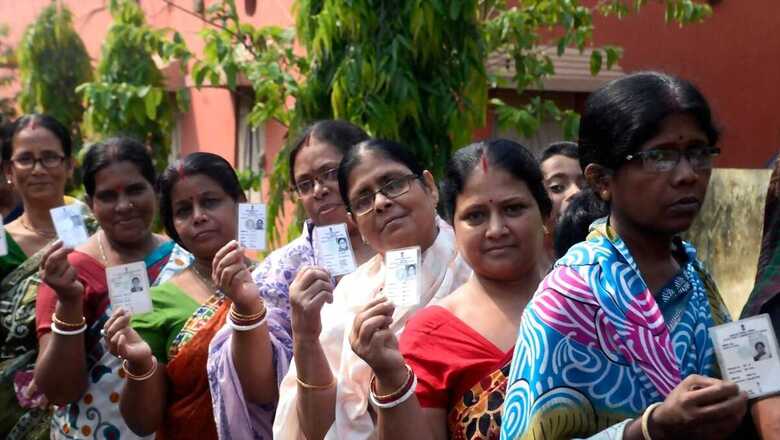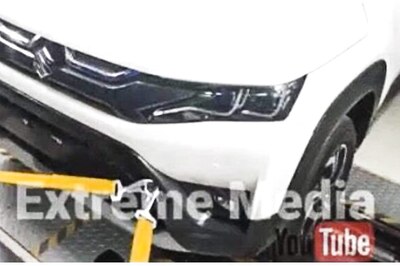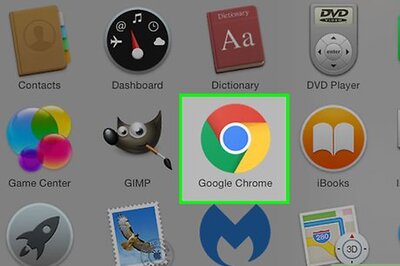
views
India was holding simultaneous elections until 1967 but it changed later as assemblies and Lok Sabha started dissolving before the tenures.
In the last 56 years, the issue was raised several times and now, it is in the limelight once again. Official documents seen by News18 show that as early as 1982, the Election Commission of India (ECI) pitched for simultaneous polls and two years later, Tamil Nadu dissolved the House early for holding the Lok Sabha and assembly election together in 1984.
In August this year, the Narendra Modi government announced an eight-member committee that will examine and make recommendations for holding simultaneous elections to the Lok Sabha and state assemblies. It will be headed by former President Ram Nath Kovind.
WHAT DID THE ECI SAY IN 1982
In September 1982, the ECI recommended holding simultaneous elections for Lok Sabha and Legislative Assemblies of states. The poll body said that during elections, whether for the Lok Sabha or the assemblies, the entire administrative set-up throughout the country slows down considerably. It also said that all other normal functions and activities of the government, including developmental work, are pushed to the background.
“These create a lot of hardships and sufferings to the common man. The situation continues for about two months during the conduct of every general election,” they said.
The then Chief Election Commissioner of India, Ram Krishna Trivedi, who served as the seventh CEC between June 1982 and December 1985, had suggested that general elections to the Lok Sabha and certain legislative assemblies which were due to be held in January 1985 and June/July 1985 respectively should be held simultaneously for obvious administrative and financial reasons.
In the First Annual Report of the ECI, signed by Trivedi, the poll body said if elections are held together, it will allow considerable saving on the colossal avoidable administrative and other expenditure incurred on account of holding of separate elections.
The report, issued in April 1984, also said the commission is strongly of the view that a stage has come for evolving a system by convention, if it is not possible or feasible to bring about a legislation, under which the general elections to the House of the People and Legislative Assemblies of the states are held simultaneously.
“After all, such an arrangement worked immensely satisfactorily, generally speaking, prior to 1967,” they said.
Among the other reasons pitched by the ECI for holding simultaneous polls was that for elections, about 25 lakh officials and a few lakh police personnel are deployed every time for about two to three months and this affects their normal duties.
Also, it will be economical to revise electoral rolls for Lok Sabha and assemblies simultaneously instead of undertaking them on a countrywide basis twice over in two different operations.
Further, when held separately, there is a duplication of the expenditure by the candidates and political parties that indirectly affects money supply in the economy.
WHEN TAMIL NADU DISSOLVED ASSEMBLY EARLY
Tamil Nadu was the only state that responded to Trivedi’s suggestions and dissolved the assembly to have simultaneous elections.
In November 1984, the then AIADMK government dissolved the assembly in Tamil Nadu and recommended then Governor SL Khurana to hold the elections simultaneously with Lok Sabha polls.
This request was accepted by the commission. Accordingly, the Legislative Assembly of Tamil Nadu was dissolved on November 15, 1984, a month ahead of Lok Sabha polls in December.
As per the ECI documents seen by News18, at least Rs 100 crore could have been saved back than if other states where assembly polls were due in the later part of 1985 had also opted to dissolve their assemblies.




















Comments
0 comment